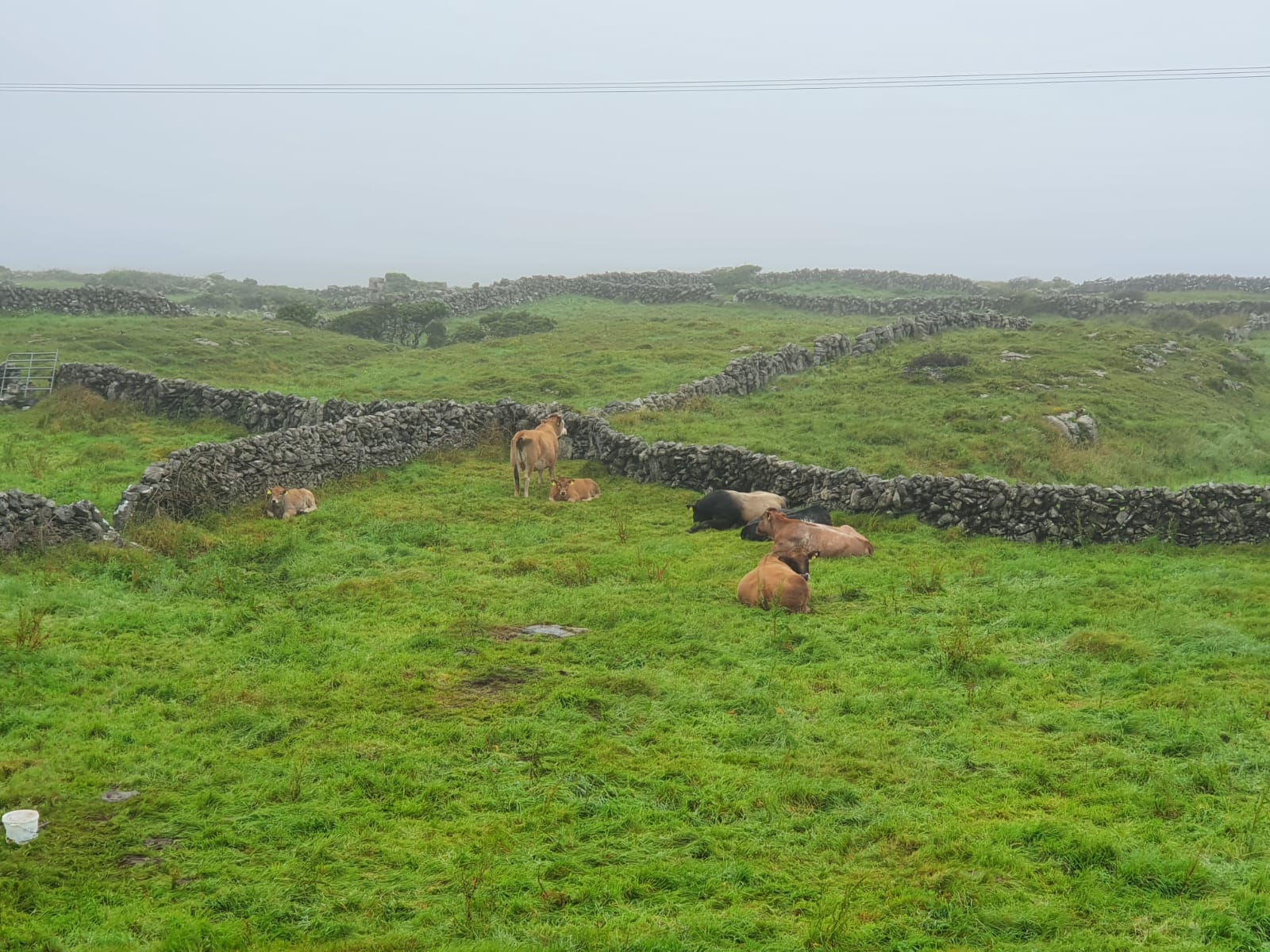For as long as I can remember, I have always been extremely interested in climate change and earth system processes. From civil engineering to environmental chemistry and management, I have loved the area of climate science and how the planet functions. Once I learned about food systems and their impact on climate change, I struggled to accept that we were ruining our one home by the ways in which we produce and consume our food. This is a major problem, for me, for those within the food system area, and should be for every other concerned individual who has the ability to make better decisions. Decision-makers and individuals hold the power to make major changes within the food system area, especially for those millions of people suffering from hunger and malnutrition. When I found out more and more about current food systems and the problems it continues to feed into without impactful solutions, I also began to change the way in which I see and consume food, taking into account ethics, morals and the environment.
I know that I am straying a bit off-topic here, but it’s a pretty important topic nobody wants to discuss. I will be hated for it by the majority, and that’s completely okay. We know the impact of animal agriculture on climate change, most of us are reading and learning about it every day and more people are becoming aware of this. We are increasing land-use change just to feed animals, to feed ourselves. We are using approximately 15 thousand litres of water to produce 1Kg of beef. 80% of agricultural land is used for livestock, yet produces a small amount of the supply of the world’s calories. There is so much loss in the process – habitat loss, deforestation, and the list can go on. Cash crops for animal feed instead of for feeding communities are driving more people towards malnourishment, and land space for livestock and feed production aids in the increase of malnourishment in many developing countries. When do we address the elephant in the room? A plant-based or vegan lifestyle drastically lowers your carbon footprint as it uses fewer resources to produce plants for its direct consumption. Apart from the impact of livestock production on the environment, this isn’t the only reason to go plant-based or vegan.
Ethical, cruelty free living
Veganism is first and foremost, an ethical stance against all forms of animal exploitation and cruelty. We have such kindness and love towards dogs, they are, after all, sentient beings – living, breathing, emotional beings. We would cause a riot to protect them from abuse, we would scream and cry in anger should people take them to a slaughterhouse, have them murdered, and then consumed. They have no voice, so we move mountains to protect them. Why isn’t it the same for other animals? Cows, pigs, sheep, and chickens are also sentient beings. For instance, cows experience feelings of happiness, love, fear, sadness, and anxiety. All animals experience fear before they are slaughtered; even those with labels such as “free range” or “organic.” Avoiding meat and dairy is the best way to take a stand against cruelty to animals. I know that many people are curious and don’t know where to begin. There are many documentaries on YouTube, such as Dominion, Cowspiracy, and Seaspiracy that have helped many people make the transition.
For your health
Type 2 diabetes, cholesterol issues, some cancers, and other health problems have been linked to diets containing animal products. According to a number of research studies, adopting a vegan diet that is based on whole foods and well-planned meals can lower the risk of a number of health problems and promote a healthier overall lifestyle. Veganism can be used as a means by which we learn more about nutrition, cooking, and healthy diets which can be rich in vitamins and minerals required for us to thrive. I found the documentary What The Health to be pretty inspiring and prompted me to dig deeper into nutrition.
In support of a growing population
Vegan diets not only lower their impact on the environment but can be a more sustainable, efficient, cheaper, and more accessible option for feeding more people. Only 1/3 of the land required for livestock would be required for growing plants for its direct consumption. As land and resource use is some of the major problems around disproportionate food systems, diets containing large portions of meat increase the inequalities of the current food system. Phasing out meat-based diets can increase the potential of feeding more people healthy and sustainable diets with lower resource use.
The take-home message
Many of you will disagree with me and cite the importance of livestock agriculture, the nutritional benefits, the pain of plants, etc. However, there is an emerging body of evidence showing the multitude of benefits when one follows a diet of plants. Event The World Health Organisation promotes diets consisting of plant-derived foods, nuts, and seeds as well as the option to include or not include animal products. The proof is in the plants and as more people transition towards veganism, a positive shift in food system transformation is possible. If livestock and dairy farmers have made the shift, why not us?
References
https://www.bbc.com/news/business-61565233
https://ourworldindata.org/agricultural-land-by-global-diets
https://www.vegansociety.com/go-vegan/why-go-vegan#:~:text=Going%20vegan%20is%20a%20great,beneficial%20fibre%2C%20vitamins%20and%20minerals. https://www.vegansociety.com/go-vegan/environment/food-security
